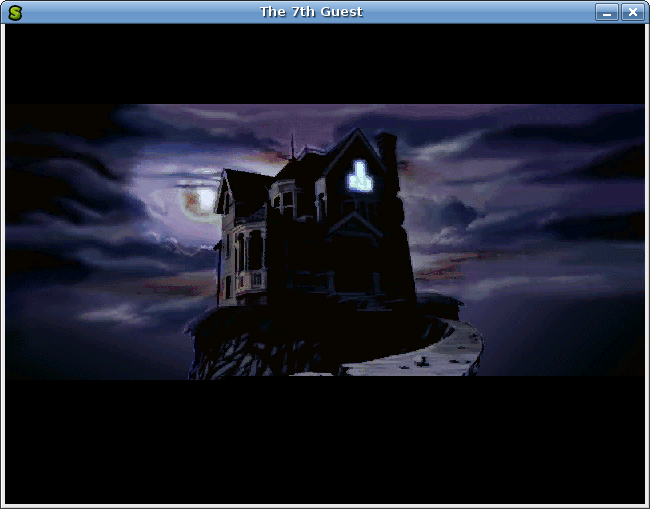I’ve been staring mindlessly at assembly language for hours. I’ve got a book, and I can figure most of the stuff in there, but when I try and translate that to the T7G exe, it seems worlds apart. I’ll try and find a reverse-engineering book in our uni library tomorrow, hopefully if a book is coming from the same angle as me it might help.
Forlorn.
